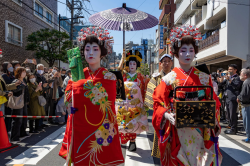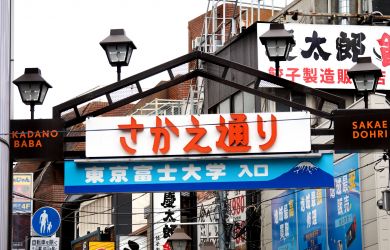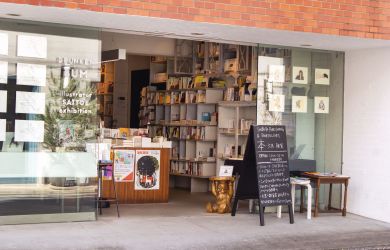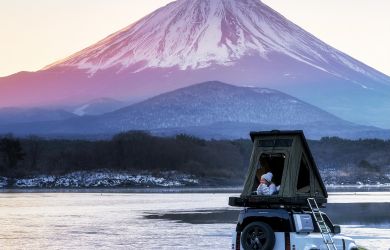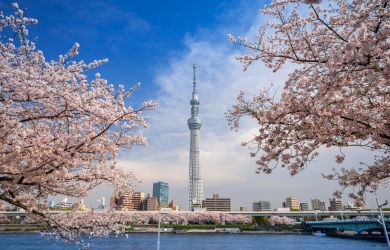
Originally published on metropolis.co.jp on July 2012

Tokyo five-piece Yucca have been making music since 2003 yet are only now getting around to releasing their third album. Their first disc, 2005’s Laboratory Products, was followed a mere eight months later by The Orange Sun In The Room.
“We weren’t waiting,” insists keyboard player Yuki Kawana. “It just took that long.” A number of other projects, such as a brilliant solo album for Kawana, and real life got in the way—most dramatically when drummer Ayako Shinoda broke her lower back in 2007.
A necessary hiatus and the recruitment of new drummer Kazuyuki Chujou lengthened the delay, but Yucca was always part of their lives. “Sometimes we got together for sessions and made music, and then we got drunk and talked nonsense,” says Kawana. Shinoda moved onto keyboards and percussion and slowly Yucca began putting together album number three, Our Journey (to anywhere we want).
“The title is symbolic,” says Kawana. “It’s an image of the last six years. We each have separate lives—our own journeys—but everyone in Yucca comes together to share the music.”
The album itself feels like Yucca have been on a journey. From its initial post-rock roots the sound has grown and spread in a multitude of directions. A band that always defies easy categorisation, they themselves have settled on “minimal lo-fi indie rock.” In truth, they sit somewhere at the centre of a Venn diagram of indie pop, rock, post-rock, electronica and jazz.
To describe specific influences is difficult, but all five members’ influences and secret tastes go into the sound. “When we were young we let only easily recognizable music into our music, but now everything seeps in,” guitarist Yusaku Enomoto says. “For example, vocal lines that sound like speaking could come from hip hop or Bob Dylan or Sano Motoharu. We don’t know exactly—we just let it percolate into our music.”
Enomoto believes the fundamental Yucca sound hasn’t changed. “Drummer Chujou-kun joined and we became a five-piece. Another layer was added to the sound, but we were able to remain a simple ensemble.” There is a line through their aesthetic that hasn’t been diverted by the enforced game of musical chairs—and that is the groove.
“Someone starts to play a phrase,” says Kawana. “The others catch it and spin it out.” Each song rests on the solid foundation of Chujou’s jazz-inflected drumming and Katsuyuki Umezaki’s strutting bass. “We build up each part from there,” Enomoto explains. “Sometimes it works smoothly and sometimes it’s rubbish.”
One noticeable difference with Our Journey is the prevalence of vocal tracks. While instrumentals were the hallmark of the first two records, and at live shows microphones were more for thanking than singing, that has changed. Was it a conscious decision?
“If singing is needed we do that,” says Enomoto. “But if a song has reached a high degree of perfection as an instrumental, we don’t add anything more.” Why the change? “At that time [1st album] there were many post-rock bands around so we were influenced by that. Our last work was the same. But more and more I wanted to sing, and now that we’ve lost our resistance to words the proportion has gone up.”
Yucca is about doing what they want, their way, and not letting any pressure into the camp. As the title suggests, it’s about the journey, travelling wherever you want at your own pace.
In the liner notes to Orange Sun Enomoto writes, “It all just started out from my fantasy, imagining a band that has everything that I wanted to hear … with every element that I liked in music… and ever since, we kept playing as we wished without having even the slightest thought about selling out or anything.”
Their MySpace page puts it more simply: “We love music, calm and impulsive, sophisticated and chaotic—and much beer.”
- Album available from abcdefg*records
- Tour dates being planned
- http://yucca-sounds.com
